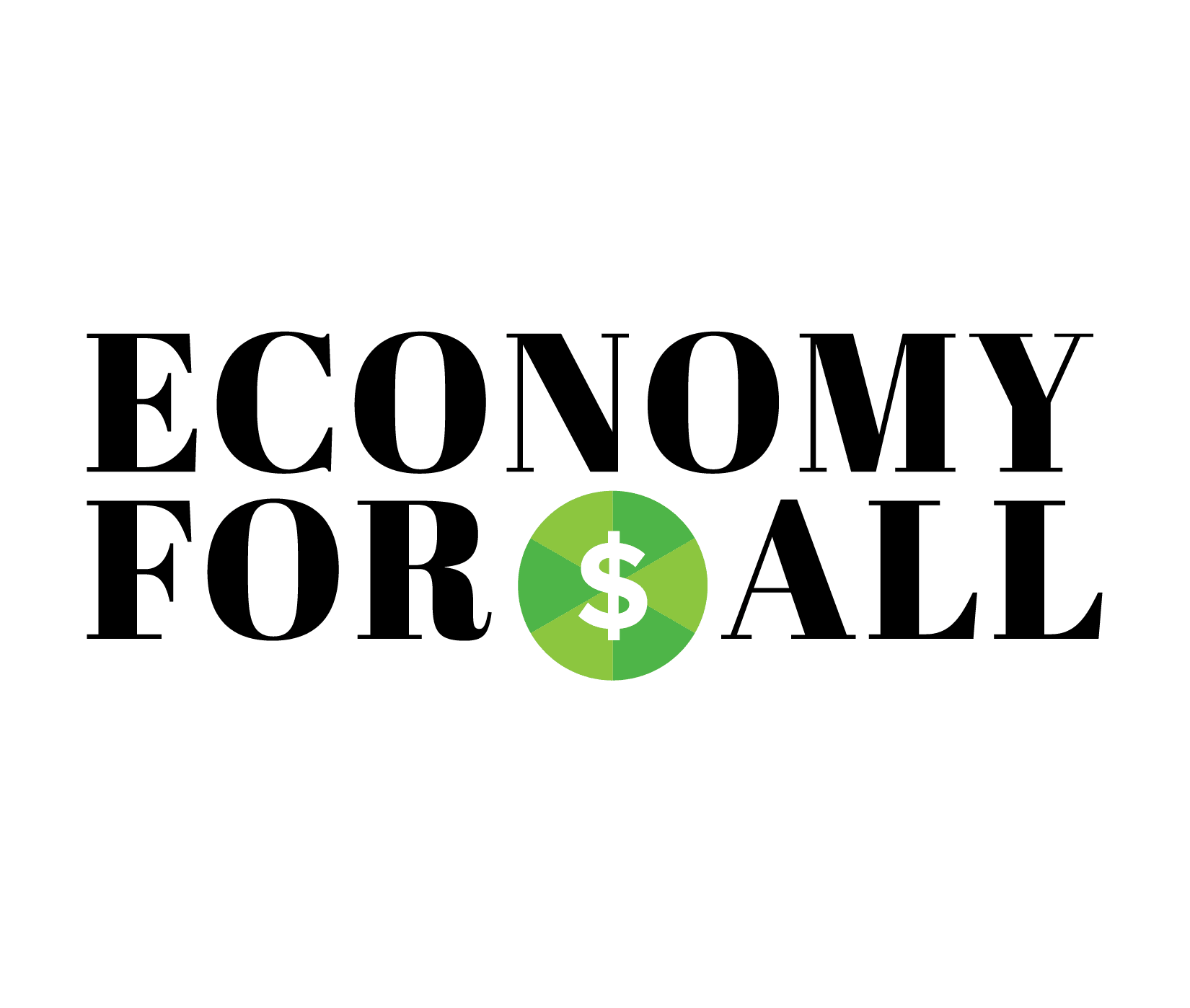It would be hard to dream up a more epitomized election matchup of our era—one of the great fiends to emerge from the Trump world election denier movement is running for secretary of state in Arizona, the officeholder who largely oversees the state election process, against one of the most effective and brave citizens who played a key role in protecting the integrity of our voting systems.
Voting Booth’s Steven Rosenfeld, who was the lead reporter to cover Adrian Fontes’ victory over the “cyber ninjas” in the 2020 elections aftermath, recently interviewed Fontes on his new election run as a Democrat against Republican nominee and Trump insurrectionist Mark Finchem, which could very well define Arizona’s electoral landscape for many state and federal elections to come.
Fontes tells Rosenfeld, “Winning back the confidence of the American people in our elections is not going to be easy, but nothing worthwhile is ever easy. It is critically important that we reach out to every corner of our political society during the course of this campaign and after. We’re going to have to be very cognizant of the ideas that have been put out there, whether they’re correct or incorrect. And we’re going to attack the lies with the truth and trust.”
Read more of Rosenfeld’s interview here—it’s just one of the important pieces of reporting and expertise produced in the past month by IMI’s amazing and talented writers.
Check out the rest below—I am always impressed by their work:
 |  |
Steven Rosenfeld’s reporting on the January 6 House select committee hearings provides a glaring summary of former President Donald Trump’s deep ties to far-right militia leaders. Evidence showed Trump egging on his most belligerent loyalists at every turn, writes Rosenfeld, and “it was Trump who had been lying about the 2020 election and intentionally urging his followers—in state and federal government posts, and in the street—to disrupt a peaceful transfer of power to a new presidential administration.”
The remarks by Rep. Liz Cheney (R-WY) outlined in “How the January 6 Committee Completed a Damning Indictment of Trump” capped a series of eight hearings insisting that Trump and his enablers be held accountable in court, ensuring that federal legislative reforms be adopted so a presidential coup never happens again. And while the select committee does not have the authority to prosecute Trump and his co-conspirators, the committee can make a powerful public case and create a template for criminal prosecutions.
The public has been paying a lot of attention to the hearings, according to Celinda Lake, a top Democratic pollster of Lake Research Partners, who explains how this could push independent voters away from the GOP: “Seventy percent of Americans agree with the statement, ‘I would not vote for anyone who’s supported or encouraged the attack on our country on January 6.’ That includes 97 percent of Democrats, 73 percent of independents, and 39 percent of Republicans.”
 |  |
Trump’s corruption has infected many of the government bodies designed to protect the health and well-being of all Americans, including the Environmental Protection Agency (EPA), writes criminologist Gregg Barak in an excerpt from his book Criminology on Trump (Routledge, 2022) produced for the web by Earth | Food | Life. Trump’s first EPA administrator Scott Pruitt was one of his most controversial appointments to a Cabinet-level position, embodying the White House’s broad support for the fossil fuel industry and disdain for climate science. Andrew Wheeler became the next administrator, ordering the EPA in June 2019 to terminate its funding to 13 health centers around the country that were studying the effects of pollution on the growth and development of children and other living things. And now with the Supreme Court ruling against the EPA on June 30—a 6-3 vote, with all three of Trump’s appointees voting with the conservative bloc—it is questionable that the Trumpian damage to the environment can be repaired.
If you’re feeling defeated by the Supreme Court’s EPA ruling, there’s still a lot we can do, writes EFL’s Reynard Loki. The U.S. is the world’s second-biggest consumer of energy and plays a central role in the global shift to a low-carbon—and ultimately, zero-carbon—economy. If solar and wind energy are fully integrated into the global energy mix, renewable sources could provide up to 80 percent of the world’s electricity. Even in the wake of the Trump administration’s environmental harm, the U.S. government is not without levers to transition to sustainable energy: President Biden can declare a climate emergency under the National Emergencies Act to curb fossil fuel exports. Lawmakers on Capitol Hill could enact far-reaching clean energy legislation—and could even amend Section 111 of the Clean Air Act to give the EPA explicit authority to move power plants toward renewables in order to meet federally mandated emission reductions. And like pro-choice supporters disappointed by the court’s recent overturning of Roe v. Wade, those who are concerned about the court’s EPA ruling could use this moment as a rallying cry to step up climate action.
By November 15, 2022, the human population will reach a new milestone: 8 billion people, according to the United Nations, a staggering figure that should alarm even the casual observer of the various environmental and health crises stemming from overpopulation. And yet the UN has advanced a false narrative, writes Carter Dillard, policy adviser for the Fair Start Movement. While the UN applauds lower mortality rates, we need to start getting real about population, Dillard emphasizes. The UN itself projects widespread famine and notes that inequality is growing for “more than 70 percent of the global population.” The people least responsible for the climate crisis—the poor and the vulnerable—are set to suffer the most, and yet many leaders in the rich world are pushing for policies that will exacerbate the crisis, with abortion bans on the rise across the United States, and some wealthy nations even offering their citizens financial incentives to have more babies. And as the difficult conversation about population is swept aside, the ecological and social resources necessary to support each human life cannot catch up.
 |  |
The U.S. has no shortage of catastrophic emergencies, from climate change to gun violence, adding to its tally of preventable deaths—and yet the Supreme Court’s overturning of Roe v. Wade will add to it the casualties that will result from botched abortions, as Economy for All chief correspondent Sonali Kolhatkar observes in “The Selfish Politics of Anti-Abortionists.” Underlying the battle to ensure that anyone with a uterus will be forced to take a pregnancy to term is a general attitude shared with many other right-wing attacks: that the denial of rights will only affect someone else. One abortion provider told the Daily Beast, “All of us who do abortions see patients quite regularly who tell us, ‘I’m not pro-choice, but I just can’t continue this pregnancy.’” Those claiming to be against abortion often rely on being able to access the procedure when they need it—a common conservative approach to social needs.
In the meantime, the SCOTUS ruling in West Virginia v. Environmental Protection Agency has lit our planet on fire, writes Economy for All fellow Thom Hartmann. The U.S. (with 4 percent of the world’s population) has produced more greenhouse gases than any other nation and continues to be one of the planet’s major emitters. Blowing up the EPA’s CO2 rules will guarantee the future profits of the fossil fuel industry and also speed up the destruction of our atmosphere and the life on Earth it supports. Justice Kagan, in her dissent, pointed out that the Republicans on the court have weakened the power to respond to “the most pressing environmental challenge of our time.” They’re saying, essentially, that the EPA (and any other regulatory agency) can’t be allowed to do its work: instead, that detailed and time-consuming analysis of a problem, developing specific solutions, and writing specific rules have to be done by Congress itself.
With all the controversial decisions handed down by the Supreme Court this term, the June 30 agreement to hear a case called Moore v. Harper could be among the most dangerous. In “America Is Occupied By a Dangerous Second Amendment Scam,” Hartmann writes that this decision underpins a major legal strategy in Trump’s attempted coup: the argument that state legislatures can substitute their own judgment of who should be president in place of the person chosen by a majority of voters. While the Constitution grants state legislatures the authority over when, where, and how elections are held, it does not give state legislatures total power over our democracy. For the last century, the Supreme Court has repeatedly rejected the independent state legislature theory, which would make it easier for state legislatures to pull all sorts of additional election chicanery without oversight from state courts: more voter suppression laws, gerrymandered maps, and laws eliminating the power of election commissions and secretaries of state to protect elections. Hartmann suggests that the way to fight back is for Congress to expand the Supreme Court and thus add balance to a branch of government hijacked by radicalized Republicans; impose term limits on Supreme Court justices and have them rotate with judges on the U.S. courts of appeals; and restore federal voting rights protections and expand access to the ballot box.
The IMI team is hard at work producing these and many other important stories. Please join us—media is often the starting point for the changes in the world we know are overdue, and we all want to see.
And in case you missed it, here is more of our most recent work:
The Truth About Markets, Pillar of Capitalist Ideology
Richard D. Wolff – August 10, 2022 – Economy for All
Pacific Islanders’ Food-Sharing Customs Ensure Resiliency in Face of Disaster
Stacy Jupiter, Teri Tuxson, Caroline Ferguson and Sangeeta Mangubhai – August 9, 2022 – Earth | Food | Life
How Alex Jones Helped Enrich the Global Elites He Railed Against
Sonali Kolhatkar – August 6, 2022 – Economy for All
Can We Stop the GOP From Killing Medicare, Social Security—and Us?
Thom Hartmann – August 6, 2022 – Economy for All
Trump Republicans Are a Greater Threat to Democracy Than Trump Himself
Steven Rosenfeld – August 2, 2022 – Voting Booth
Erika Schelby – August 2, 2022 – Earth | Food | Life
Could Voter Guides Help Break Through the Partisan Noise in the Midterm Elections?
Steven Rosenfeld – July 31, 2022 – Voting Booth
Can Global Food Shortages Be Prevented?
Thom Hartmann – July 31, 2022 – Economy for All
To Reduce Inflation, Control Corporate Profits
Sonali Kolhatkar – July 29, 2022 – Economy for All
Thanks from Jan Ritch-Frel and the rest of the IMI team.
